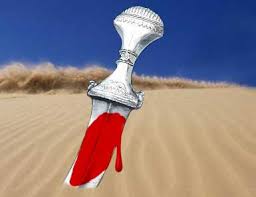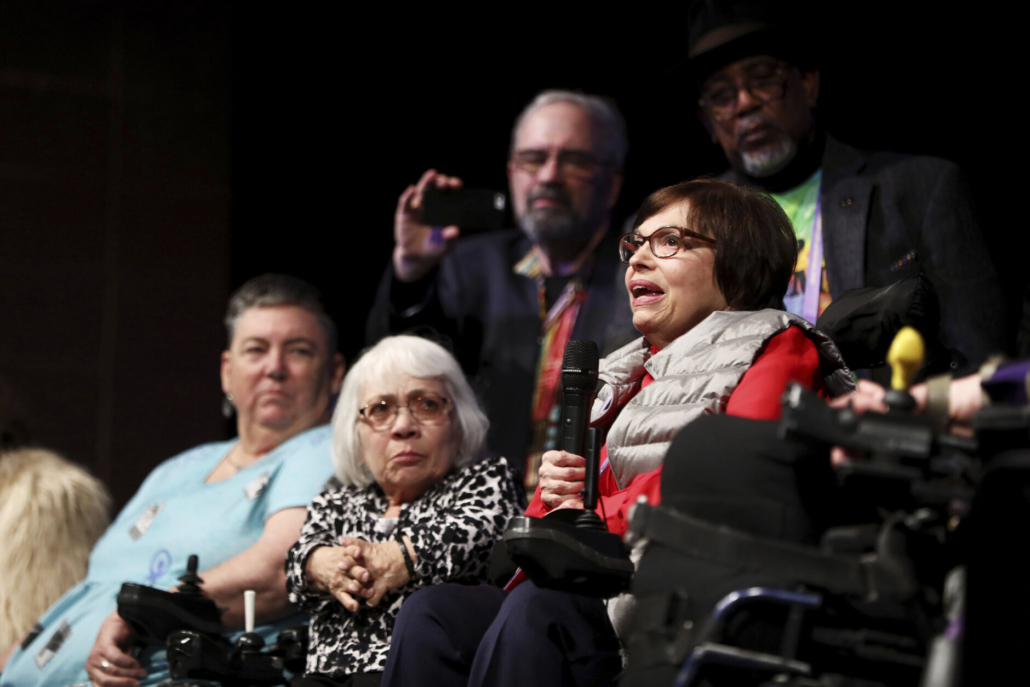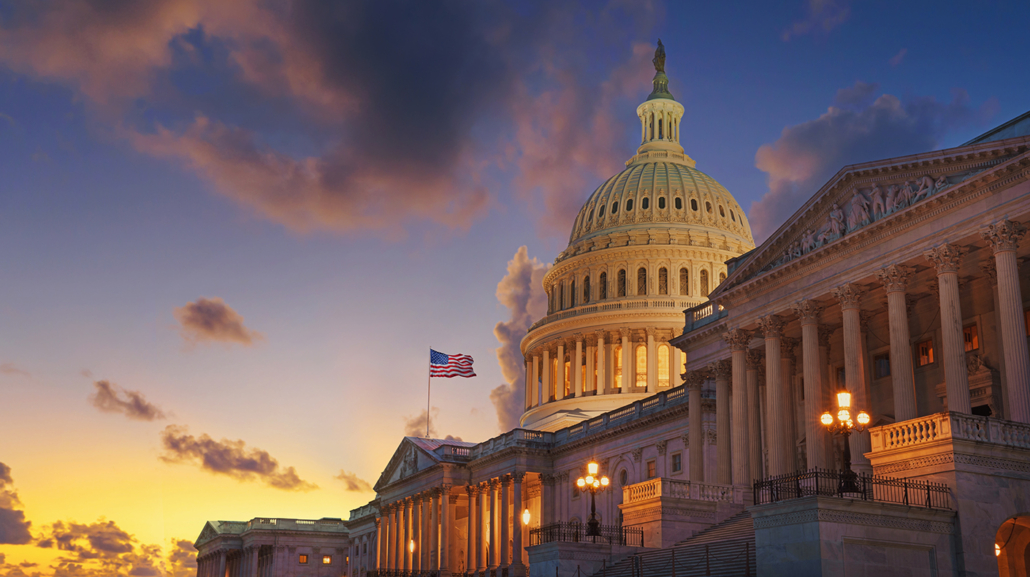Our High Holy Day theme of “resilience” was so impactful that we’re dedicating this new year of Torah blogs to it. How does each weekly Torah portion reflect Judaism’s enduring resilience and invite us to seek and find resilience in our own lives?
Let’s start from the very Beginning. From the start, nature has been “fruitful and multiplying” and the Garden of Eden has been “eternal.” The resilience of the universe – space, time, nature, humanity and divinity – all begin in Genesis.
Creation reflects a key first form of resilience. Whatever happens in any one life, the web of life continues: the sun will come up tomorrow and the world will keep turning. To feel this sense of resilience is to lift consciousness into the cosmos and the Divine Mind we call the Creator. We build resilience when we transcend any life’s apparent limits and draw inspiration from the vast web of life.
But resilience means more than upshifting. Resilience that’s real for messy human lives must draw from messy human lives, not rise above them. Put otherwise, we must look to human difficulties to glean the most relevant emotional and spiritual lessons about living resiliently.
Enter this week’s teacher: Cain, first son of Adam and Eve.
Cain seems a dubious teacher – humanity’s first villain, first to display jealousy (“Cain” is named for jealously), and first murderer. Why look to Cain to teach anything? Because when Cain’s crime condemned him to wander the earth, Cain posed a resilience challenge, saying that his burden would be “too great for me” (Genesis 4:13).
It’s telling that Cain’s resilience challenge comes so early in Torah. In the Biblical beginning, resilience is a running theme. Adam needed resilience to leave the Garden of Even and join the “workforce.” Eve needed resilience to bear and rear children. Now Cain would need resilience to bear the heavy burden of his crime.
Through Cain, Torah offers three answers to his resilience challenge (Genesis 4:14-17). As Cain bore a physical mark that God always is with him, we too can seek and find the holy on our journey. As Cain married and had children, we too can invest in family and community. As Cain built a city and named it for his son, Enoch (Hebrew: “education” or “dedication”), we too can build something to outlast us.
The seeds of resilience are the Cosmic Mind, the presence of the holy, how we turn to each other, and how we build what can outlast us. Resilience is part of nature’s fabric and the human soul – even in life’s wrenching moments.
Just ask Cain.
– Rabbi David Evan Markus.




